Peru’s biodiversity offers eight types of pisco grapes (aromatic and non-aromatic), with very precise qualities and a unique sensory profile.
AROMATIC
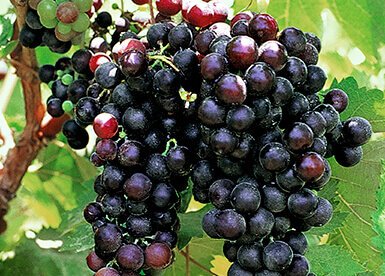
MOSCATEL
Of Mediterranean origin. Its berries are red, spherical in shape, and in conical bunches. It is characterized by a floral, citrus, fresh fruit aroma. In the mouth, it is possible to detect slightly spicy and aromatic herbs. It produces a sophisticated pisco.

ITALIA
From oval, large and yellow-green fruits. Its bunches are long, large and conical. It has a floral, citrus, fruity and raisin aroma. Its taste is fresh, sweet and intense. The pisco expresses pleasant and intense aromas.

TORONTEL
Of Spanish origin, they can be found in Andalusia and Galicia. They have a pale green skin, but the sun turns them a beautiful golden brown. Its bunches are long and conical. With very delicate, floral (lavender) aromas. It produces a sophisticated, well-structured pisco with delicate aromas.

ALBILLA
Of Spanish origin, from Extremadura, the Canary Islands and Galicia. Its berries are small, round, translucent, and greenish yellow in color. It has a unique bronze tone. Its bunches are large and conical in shape. With a fresh, delicate flavor of flowers and honey, it is smooth on the palate. It produces a delicate and light pisco.
NON AROMATIC
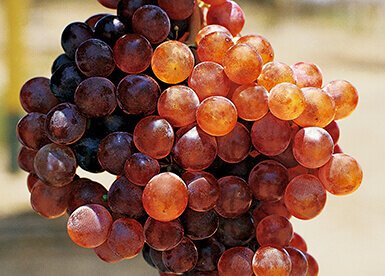
MOLLAR
It came from the Canary Islands and adapted to the southern soil conditions. Its berries are medium sized, round and pink. Its bunches are large and conical in shape. Fresh fruits and aromatic herbs; with citrus and sweet flavors. It produces a pisco with a lot of personality.
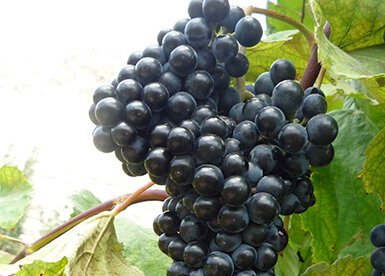
UVINA
A traditional grape found in Lunahuaná, Pacarán and Zuñiga where it has been used for more than seventy years. Rounded berries, black in color and small in size. Its bunches have a cylindrical shape. Its fresh must has an intense dark red color, and tastes very sweet. On the nose, it reveals notes of fresh fruit, as well as honey and white raisins. It produces a very special pisco.

QUEBRANTA
An emblematic non-aromatic grape from Ica, which has mutated to achieve its current characteristics. Its berries are medium sized, round and pink. Its bunches are long and conical in shape. It has an aroma of nuts, and its flavors are sweet with an intense and complex palate. It produces a high yield.
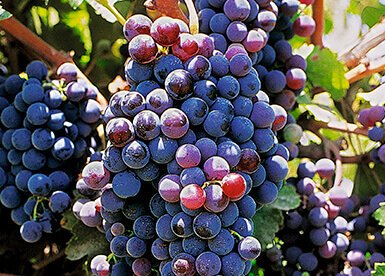
NEGRA CRIOLLA
Of Spanish origin, probably from the Canary Islands and Andalusia. Emblematic grapes from the Tacna and Moquegua valleys, which are medium in size, dark red-purple, well rounded, with conical bunches. It produces a dry and sweet pisco with nutty flavors.
Classification of Pisco
PURO:
a single grape variety
ACHOLADO:
a mixture of two or more
varieties of Pisco grapes
MOSTO VERDE:
from incompletely
fermented musts
Pairing
Pisco is a drink that we can enjoy with different types of food. Depending on the Pisco grape with which the distillate has been produced, there are various options, recommended by experts to enhance its flavor.
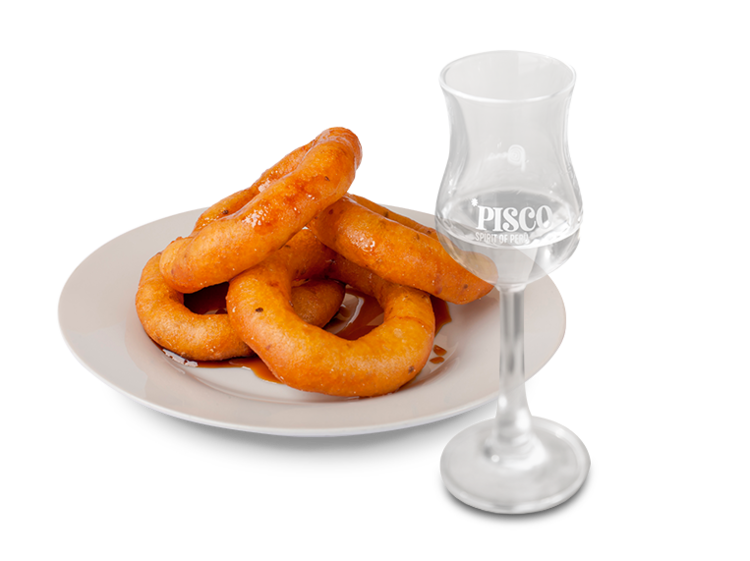
1 QUEBRANTA PISCO
It goes well with desserts and bonbons with chocolate or manjar blanco (caramel), and with toffee, pecans, lucuma, elderberry and cherries. It is also ideal with Peruvian desserts such as ranfañote, rice pudding, frejol colado, picarones, suspiro de limeña, mazamorra morada, turrón de Doña Pepa, among others.
As for tapas or nibbles, it goes well with those that have sweet ingredients, like glazed sweet potato or a elderberry sauce, over slices of chicken, pork or beef.
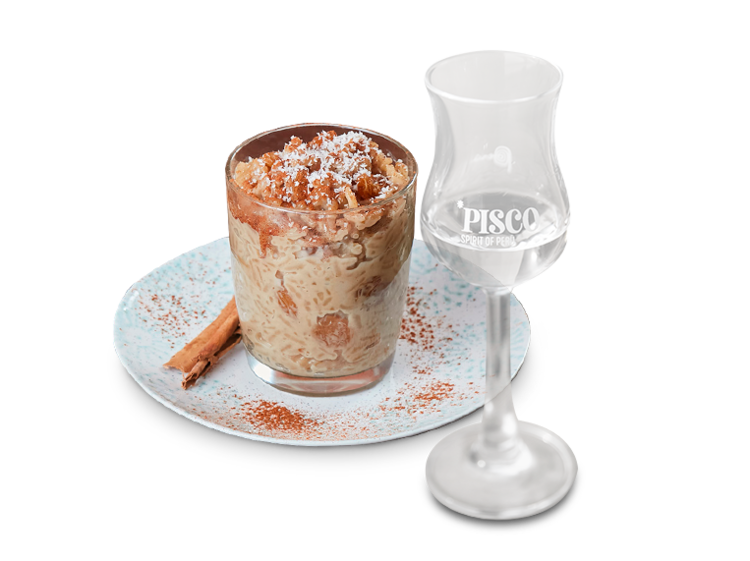
2 MOLLAR PISCO
It goes perfectly with desserts or bonbons with apples, quinces and pears. In addition to Peruvian desserts like arroz zambito, ranfañote, frejol colado, picarones, and nidos de novia moqueguanos (filled with quince jelly).
As for tapas or nibbles, it goes especially well with those that have a sweet element like glazed sweet potato, apple purée or an apple, pear or quince sauce.
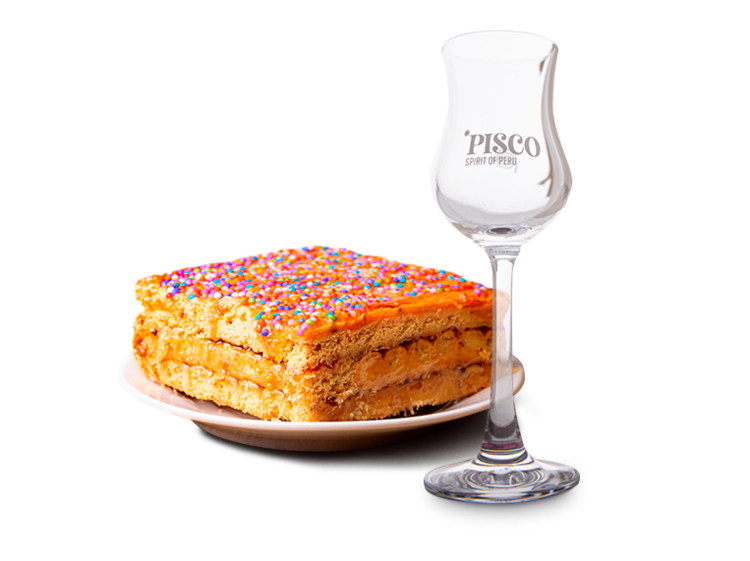
3 NEGRA CRIOLLA PISCO
Ideal for pairing with desserts or bonbons with coffee, manjar blanco (caramel), bitter chocolate and apple. It also goes well with Peruvian desserts like leche asada, rice pudding, arroz zambito, frejol colado, and turrón de Doña Pepa, guargüero with manjar blanco and alfajor de penco de Moquegua.
In regards to tapas or nibbles, it goes well with those that have a sweet element like glazed sweet potato, apple purée or teriyaki sauce.

4 UVINA PISCO
It goes well with tapas and nibbles such as quinoa salad with raisins and olives, octopus with olive sauce, toast with raisin and olive paste or toast with cheese mousse with olives. It also pairs well with desserts or bonbons with chocolate and manjar blanco (caramel).
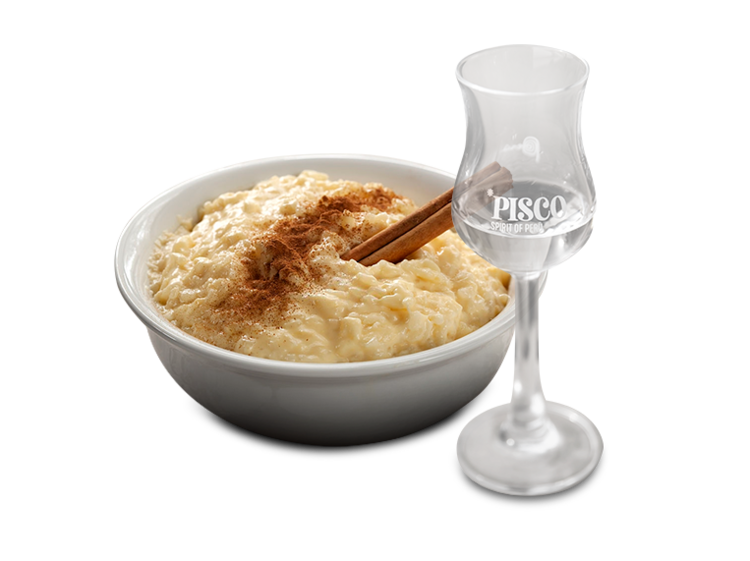
5 ITALIA PISCO
This Pisco pairs perfectly with desserts or bonbons with lemon, orange, mandarin, aguaymanto, pineapple and passion fruit. It also goes with Peruvian desserts such as mazamorra morada with pineapple, rice pudding, picarones, suspiro de limeña, alfajorcillo with sugar icing and a touch of lemon, king kong with pineapple filling or frejol colado.
For tapas or nibbles, it goes perfectly with those that have a sweet lemon, mandarin, orange, pineapple, passion fruit or aguaymanto sauce, over slices of chicken, pork or beef. It also goes well with panko prawns accompanied by a sweet and sour mandarin and passion fruit sauce.
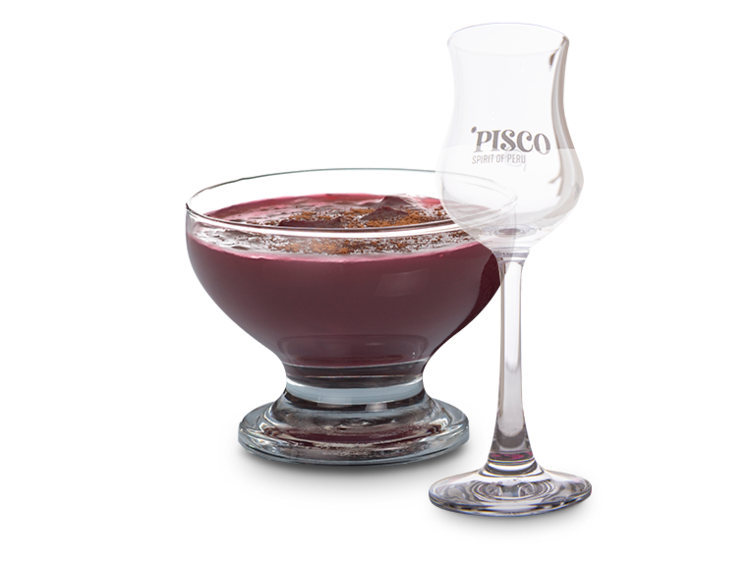
6 TORONTEL PISCO
It pairs well with desserts or bonbons with tropical fruit like passion fruit, pineapple, mango, camu camu or mandarin. It also goes well with Peruvian desserts like mazamorra morada, frejol colado, King Kong with pineapple filling and quince jelly.
As for tapas or nibbles, it goes great with ones that have sweet passion fruit, mandarin, pineapple or mango sauce over slices of chicken, pork or beef. And with a passion fruit tiradito accompanied by glazed sweet potato.
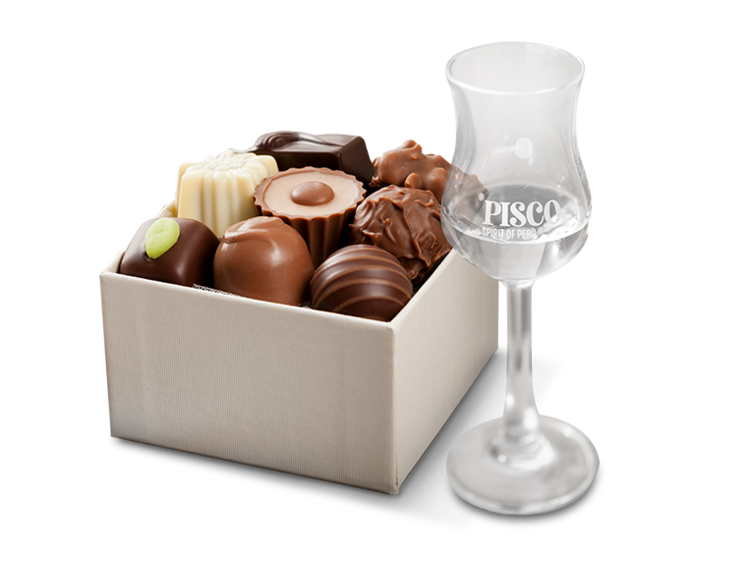
7 MUSCATEL PISCO
It pairs well with desserts or bonbons with fruits such as strawberry, raspberry, blackberry, cherry, mango and chirimoya; as well as mazamorra morada.
As for tapas or nibbles, it goes perfectly those that have a sweet strawberry, raspberry, cherry, blackberry or mango sauce served over chicken, pork or beef. And with mango ceviche.

8 ALBILLA PISCO
Perfect for pairing with peach, apricot, apple and vanilla desserts. It also goes well with Peruvian desserts such as rice pudding, ranfañote, suspiro de limeña and picarones.
As for tapas or nibbles, it pairs well with those that have a sweet element like fried plantain, glazed sweet potato or sweet peach sauce over slices of chicken, pork or beef.
